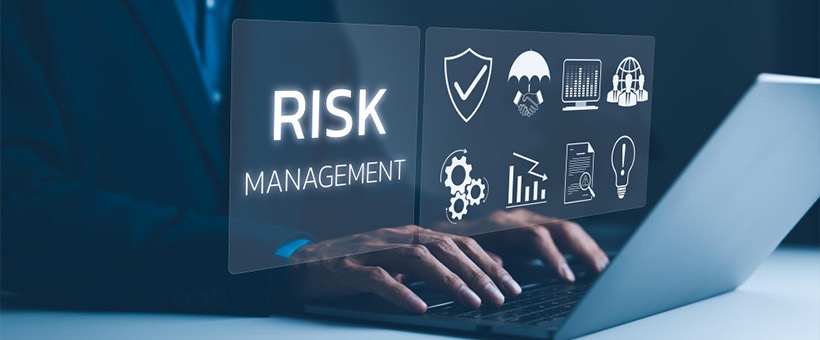
A CIA’s Role in Risk Management in the Evolving Digital Age
The Role of Certified Internal Auditors in Risk Management
Certified Internal Auditor’s (CIA) role is pivotal in safeguarding organizational integrity amidst rapid technological advancements and increasing complexities. As guardians of corporate governance, CIAs adeptly navigate the intricate landscape of risk management, addressing digital threats and regulatory challenges head-on. The demand for professionals holding the CIA certification has never been more pronounced, as organizations seek experts capable of identifying vulnerabilities and implementing robust strategies that enhance operational resilience. This discussion examines the complex and essential contributions of Certified Internal Auditors (CIAs) in enhancing risk management frameworks amid the rapidly evolving digital landscape.
Key Responsibilities of Certified Internal Auditors
Identifying Potential Risks-
The fundamental role of the CIA in risk management is to identify risks in processes, operations, and finance. A Certified Internal Auditor is a master in evaluating financial records, data flow, operational models and process flow. After a thorough evaluation, they find irregularities, discrepancies and anomalies. These discrepancies and irregularities may cause severe risks in the future. Senior executives obtain detailed analyses from CIAs, along with well-formulated strategies aimed at risk mitigation.
Strengthening IT Infrastructure-
In the digital age, almost every business relies on a massive IT infrastructure. Now, even highly complex and advanced IT systems are vulnerable. In such cases, Certified Internal Auditor requirements increase a lot. A CIA studies every aspect of the IT infrastructure, from databases to networks and software to digital tools. The role of a CIA is not only limited to detecting vulnerabilities in the system but also includes evaluating performance & efficiency. An inefficient system is no less than a risk to the organization.
Improving Cyber Security Practices-
Data functions as both a critical resource and a powerful weapon. However, this duality introduces significant challenges, with cyber attacks recognized as the foremost risk in our increasingly interconnected environment. Due to this, every leading Certified Internal Auditor course contains cyber security modules. Certified auditors analyze cybersecurity models, practices, and approaches and provide effective strategies to improve them. Moreover, they provide advanced practices to address issues such as data breaches, system collapses or any other cyber attack.
Verifying Regulatory Compliances-
Legal and regulatory risks are considered extremely dangerous for an organization. They can destroy a company’s image and growth. Organizations specifically hire CIAs to verify regulatory compliance. An individual can’t pass a CIA audit exam without detailed knowledge of regulatory compliance. Certified professionals monitor changes in laws, rules, and protocols by national and international bodies and ensure timely implementation in the organization. A small gap in regulatory compliance can cause serious financial loss along with legal issues.
How Does Netrika’s CIA Audit Exam Prepare Candidates for Risk Management?
To excel in risk management, you must consider the comprehensive CIA course details offered by Netrika, an IIA-authorized training partner. Recognized for excellence, Netrika’s CIA examination and curriculum are of the highest caliber, integrating the latest and most relevant modules that address current industry demands. This esteemed program empowers professionals with critical insights and skills necessary for success. Thousands of Netrika alumni now excel in prominent multinational corporations, highlighting the effectiveness and value of their training. Discover the CIA course details on Netrika’s website to elevate your expertise in risk management.

